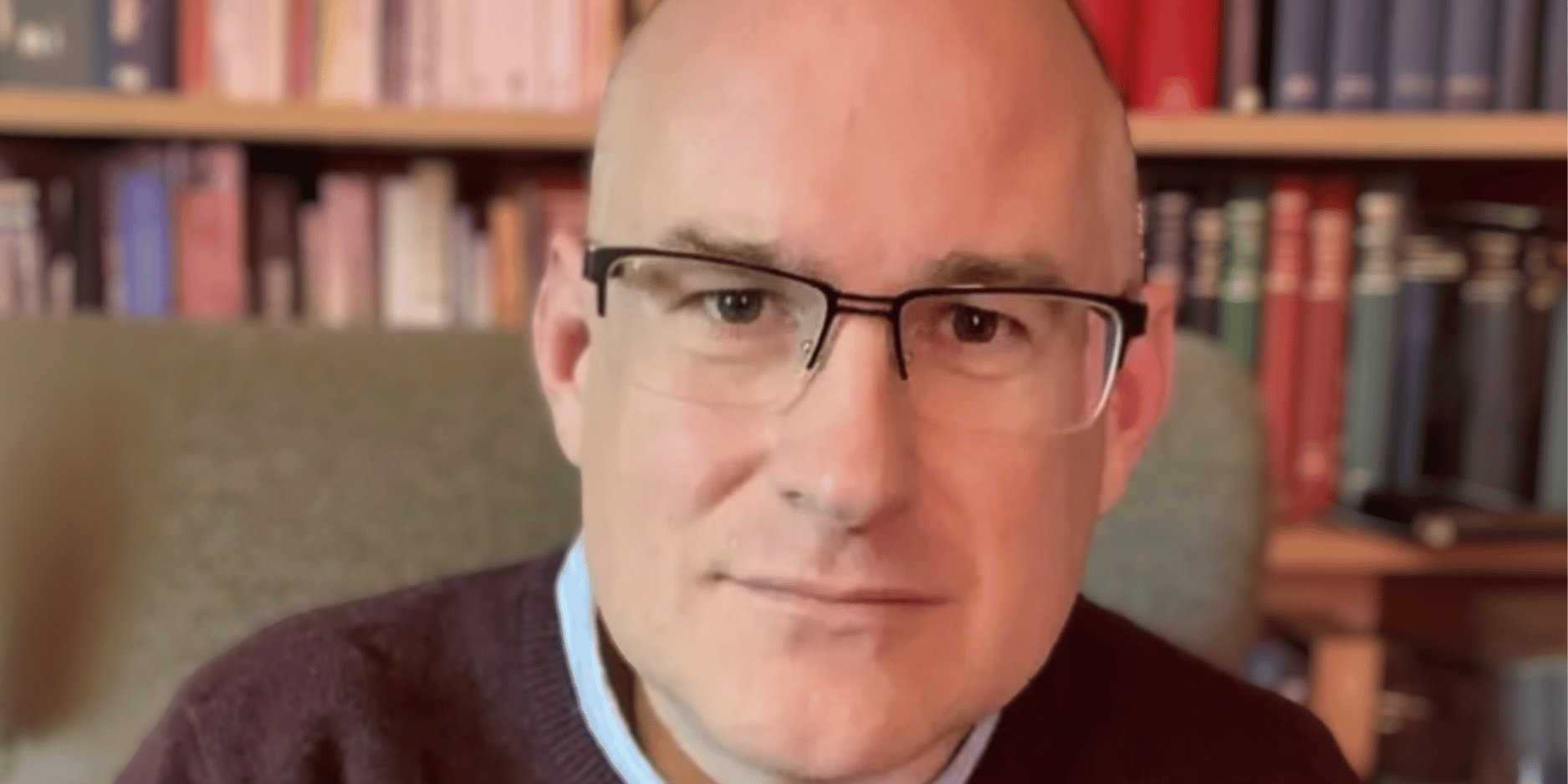 What does it mean to ‘bear witness’? by Rev'd Preb Dr Chris Moore
What does it mean to ‘bear witness’? by Rev'd Preb Dr Chris Moore
A decade ago I gave a lecture in Moscow, at an Eastern Orthodox University. It was a large campus, with an impressive church building attached, and funding had been found which enabled the university to offer free tuition to those who needed it. One of the members of staff recounted its history to me: it had begun in the woods around Moscow in the Soviet era, with the materials being buried during the day so that the students could gather in the safety of dusk to be taught the faith. Another told me of how her family would pass coded messages so that they could attend underground services, without attracting the attention of the authorities.
This was, of course, long decades before the Russian invasion of Ukraine which revealed the close collaboration between the Russian Orthodox hierarchy and the Russian state, and has led to much friction between parts of the Orthodox church. At that stage the state was actively persecuting the church, and in 1961 Khrushchev boasted that within a couple of decades he would be able to show on television the last surviving priest.
This all made its impression on me, and was a spur to find out more about Eastern Orthodox Christianity: what was it about the faith which prompted people to take such risks? I read about many martyrs, their lives ebbing away in the gulags, and the bravery of simply being Christian. There are many stories I could add, but my task here is to discuss how we engage with the wider world and share our faith with those around us.
So why have I mentioned those who had to hide their faith and meet in the woods?
The point I want to make is that the staff members who prompted me to go and find out more made no great claims about the past. They did not urge me to find out more about Eastern Orthodoxy, but they simply told their story. They bore witness to the events that they had seen.
Bearing witness was an important factor in the spread of Christianity. There are many examples I could give, but for now we might note the words of Jesus speaking to his Apostles: “And you also will bear witness, because you have been with me from the beginning“ (John 15:27). Yes, it is true that some are particularly gifted in evangelism, but much of the spread of the faith was a simple matter of people bearing witness to what they had seen and experienced. No need for a mastery of theological arguments, or a great rhetorical flourish. Just speaking from your experience; a simple answer to the question ” Why do you go to church?”.
I’m making this point because the idea of talking to others about Christianity is daunting to many. Maybe, even, daunting to most. The idea of standing up and speaking for ten minutes on Christianity is, frankly, frightening. Simply talking about your experience when someone asks you what you did over the weekend is somewhat easier.
Yet I am aware that even this might be a little intimidating, so maybe I could offer some advice from the Apostle Peter. Whilst writing to Christians facing persecution, he says this: “in your hearts honour Christ the Lord as holy, always being prepared to make a defence to anyone who asks you for a reason for the hope that is in you; yet do it with gentleness and respect” (1 Peter 3:15).
“Always being prepared”. This is sage advice. Perhaps you might prepare yourself by thinking in advance what it is about Christianity which is so important to you. Spend some time looking back over your life to those occasions when you were aware of God’s presence or help. If you came to faith later on in life, perhaps you might bring to mind the events that led up to that moment and the difference it made to you. If you are one who has always been in the church, maybe you could think of what this has meant to you. How does relating to God change the way in which you view the world? How has forgiveness of sins affected a sense of guilt? What peace and joy have you found in the dark stretches of life?
Dwell on this and you will have an answer to give when asked the question. This is a simple way in which you might point others to Christ, and pique their interest. You may well become one of the links in a chain which draws your friend to their own faith.
There is a great power in bearing witness, and in our past experiences we have all the ingredients that we need. Follow the advice of the Apostle Peter, and you will have in your mental pocket a way of helping others share your faith. Yes, there are the great evangelists and the powerful preachers. But in the end, it is the quiet witness of Christ’s followers which has grown the church over the centuries.
—
The Revd Preb Dr Chris Moore is Rector of Fownhope, Mordiford, Brockhampton and Woolhope with Checkley, and Rural Dean of Ledbury
